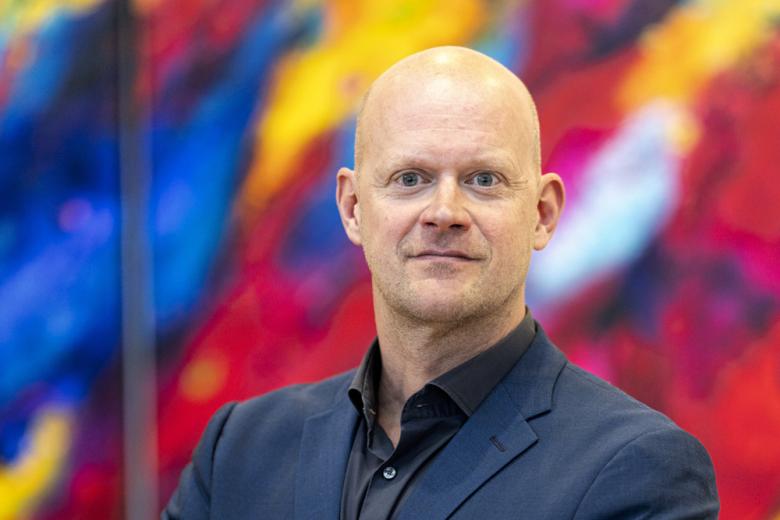Towards inclusive research at Maastricht University: survey results & video
Scientific research is used to find answers to important questions. But as long as we exclude certain groups in our research, we cannot guarantee that our answers are applicable to all groups in society. Therefore, inclusive research is important to enhance the quality and the societal relevance of our research.
Project with funding from D&I office
Researchers from Maastricht University (Latifa Abidi, Julia van Koeveringe, Hans Bosma, Mareike Smolka, Jessica Alleva), Maastricht for Everybody (Brigitte van Lierop), and IVO Research Institute (Gera Nagelhout, Nikita Poole) formed a project team and received funding from the UM Diversity & Inclusivity office to examine inclusive research practices, barriers, and needs among Maastricht University research staff. They performed interviews, a survey among UM research staff, organized a webinar, made a factsheet about the survey results, and a video about the importance of inclusive research.
Survey among university staff
Most research staff at Maastricht University who filled in the survey (n=149) reported that they tried to be inclusive in their research. The answers to the open-ended questions at the same time revealed an uncertainty of respondents about how to be more inclusive in research. Most understood the relevance and importance of inclusive research, but reported that they needed more support (e.g. time, money, network) to do so. Based on the study results, the project team recommends training in how to design and conduct more inclusive research for students and research staff at Maastricht University. Additionally, research leaders and decision makers at the university should provide support and design policy to stimulate inclusive research. The factsheet with the survey results can be downloaded here.
Video about inclusive research
Want to get a quick overview of what inclusive research is and why it matters? Watch this short video that was made by the project team:
Also read
-
Is the risk of cancer the same for everyone?
Valery Lemmens (GROW) conducts research on cancer, prevention, and how society is designed for making unhealthy choices.

-
Most prestigious European grant to two UM scientists
Two Maastricht University professors are to receive the most prestigious European research grant for individual researchers: an ERC Advanced Grant, worth over €2.5 million. They are Lorenzo Moroni (MERLN) and Alexander Sack (FPN).

-
A new outlook on rehabilitation care
Ivan Huijnen (CAPHRI) aims to shift from the biomedical 'disorder-focused' thinking to an integral view on healthcare.
